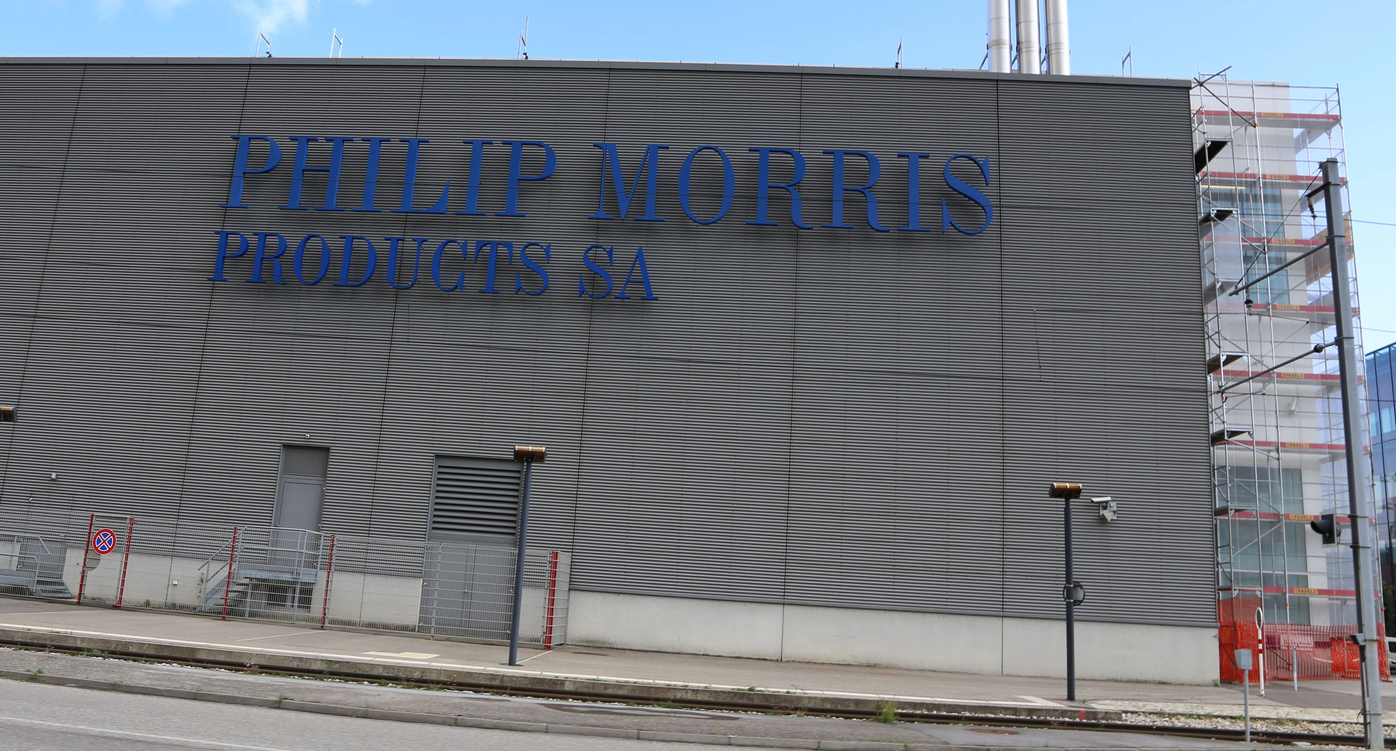The Scoop: Philip Morris International sells inhaler company after backlash
Plus: Instagram makes big changes for teens; scammer Anna Delvey seeks to reboot image on ‘Dancing with the Stars.’

Three years ago, Philip Morris International, the manufacturer of many brands of cigarettes, including Marlboro, purchased Vectura, a British pharmaceutical brand that makes inhalers. The move faced harsh backlash at the time.
“We are deeply concerned that PMI will use the inhalation services technologies developed by Vectura to make their tobacco products more addictive,” a joint statement from the American Lung Association and American Thoracic Society said in 2021. “We are also deeply troubled that this company could further profit from the disease their products have caused by now selling therapies to the same people who were sickened by smoking PMI cigarettes.”
Now, PMI is selling Vectura, citing “the unreasonable burden of external constraints and criticism related to our ownership.”
In other words, bad PR.
PMI had explained its purchase as part of its “Beyond Nicotine” initiatives, a pledge to phase out cigarettes completely. Currently, 38% of PMI’s revenue comes from “smoke-free products,” the company said, with a goal of reaching 66% by 2030.
Why it matters: This is a fascinating ethical and PR quandary.
PMI is attempting to move beyond its current sales of harmful cigarettes, but it still currently reaps mounds of cash from tobacco. Diversifying into other fields is commendable, but the gap between its aspirations and investments was just too far. Smoking can trigger asthma attacks, so investing in a company that treats asthma can seem hypocritical, as the joint statement indicates. Even the best PR campaign in the world would have a tricky time convincing the public and the researchers who would work at Vectura that PMI had pure intentions with the investment, even if it’s true.
This situation makes the case for bringing in PR at the very earliest phases of mergers and acquisitions. These issues should have been flagged from the very moment the idea was floated, and their counsel considered just as deeply as those of the number crunchers. An honest assessment of the chances of swaying opinions on the topic needed to be performed and carefully considered. If the plan went through, an aggressive PR push needed to accompany every step of the M&A process.
Perhaps that all happened. But it wasn’t enough. And now the company is being sold at a loss of hundreds of millions of dollars.
Editor’s Top Reads:
- Amid intense scrutiny and pushback from Congress and other regulators, Instagram is instituting major changes to the way children and teens interact with the popular app. The updates include making accounts for minors under the age of 18 private by default, additional monitoring tools for parents, and stopping alerts from 10 p.m. to 7 a.m. Critics claim the new tools are a bid to fend off regulation from a suspicious legislature that has frequently taken parent company Meta to task over perceived failures to protect children. The updates also fail to take into account that it’s trivially easy to lie about one’s age to circumvent the age protections. Given the timing, these features do read as a PR move as much as a safety move. “The thing for me about this whole world of safety online and well-being and social media is that there are trade-offs,” Instagram head Adam Mosseri said. “We think we’ve found a decent balance. But I’m sure we’re going to get a bunch of feedback.”
- The Federal Reserve is widely expected to cut interest rates this afternoon for the first time in four years. This is an anticipated move that will move the markets and impact the trajectories of entire businesses. But as of this writing Wednesday morning, the major question is just how much they’ll cut: a quarter percentage point or a more aggressive half point? The conventional wisdom appears to still lean toward the more conservative quarter point cut, but one thing we know about this economy is that the traditional wisdom often doesn’t apply. Keep your eye on these announcements and talk to people about how the cuts will impact your organization’s decision-making to better inform your communications efforts.
- Anna Delvey, the convicted scammer whose life formed the basis for the Netflix hit “Inventing Anna,” is receiving a chilly reception on “Dancing with the Stars.” The reality TV show is a popular PR vehicle for either prolonging a moment in the spotlight (see current contestants and Olympic darlings Ilona Maher and Stephen Nedoroscik), jumpstarting a flagging career or rehabilitating a tarnished image, as in Delvey’s case. Yet USA Today reported that audiences gave Delvey a chilly reception as she cha-cha’d in a rhinestoned ankle monitoring bracelet. Judge Carrie Ann Inaba made a plea on Delvey’s behalf: “Let’s all give this a chance. This is about your dancing here. Let’s all give her that space, please.” Image rehabilitation is a tricky thing, especially when one has been convicted of a crime. Will audiences warm up to Delvey, or will winks like the ankle bracelet seem to downplay her contrition?
Allison Carter is editor-in-chief of PR Daily. Follow her on Twitter or LinkedIn.







